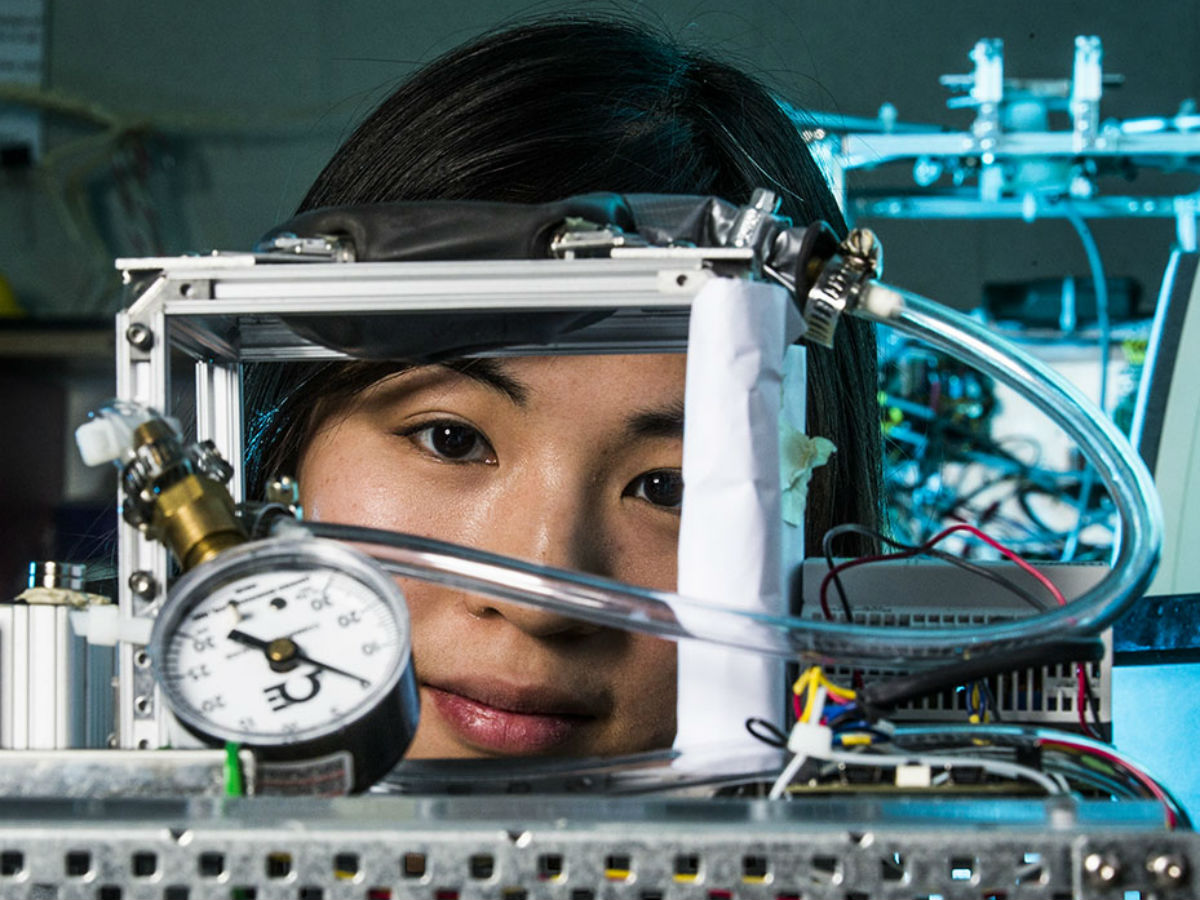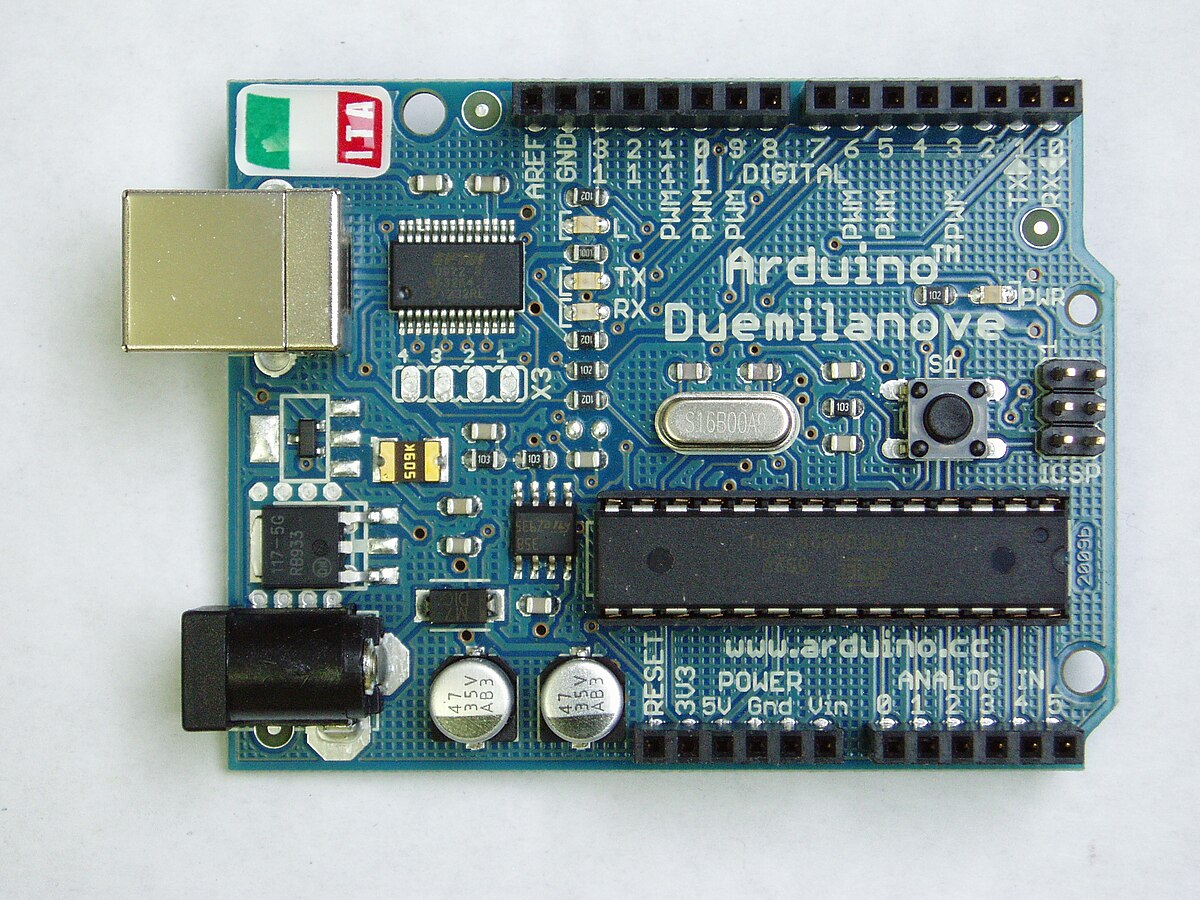A Electrical Engineer. Electrical engineers normally work regular full-time hours in an office, though they may occasionally need to visit a project site. Electrical Engineers research, design, develop, test, or supervise the manufacturing and installation of electrical equipment, components, or systems for commercial, industrial, military, or scientific use.

Find out why you should study it, entry requirements, and what jobs you can do with an engineering degree.
Electrical and electronics engineers typically enter the occupation with a bachelor's degree in an An electrical engineer may choose to couple the technical aspects of a position with management.
Electrical Engineer with interests in power/energy, control, communications, robotics, home automation, and machine learning. "Erik is a great engineer and was VERY helpful getting my PCB. Thinking about electrical & electronic engineering? Electrical engineers answer the tough electrical questions and may work on anything from handheld gadgets to massive electrical grids.








